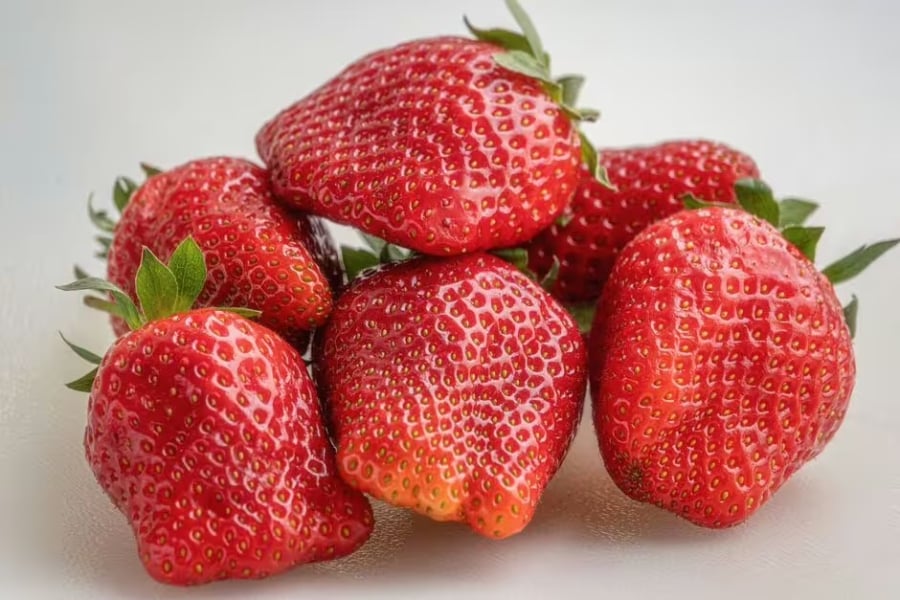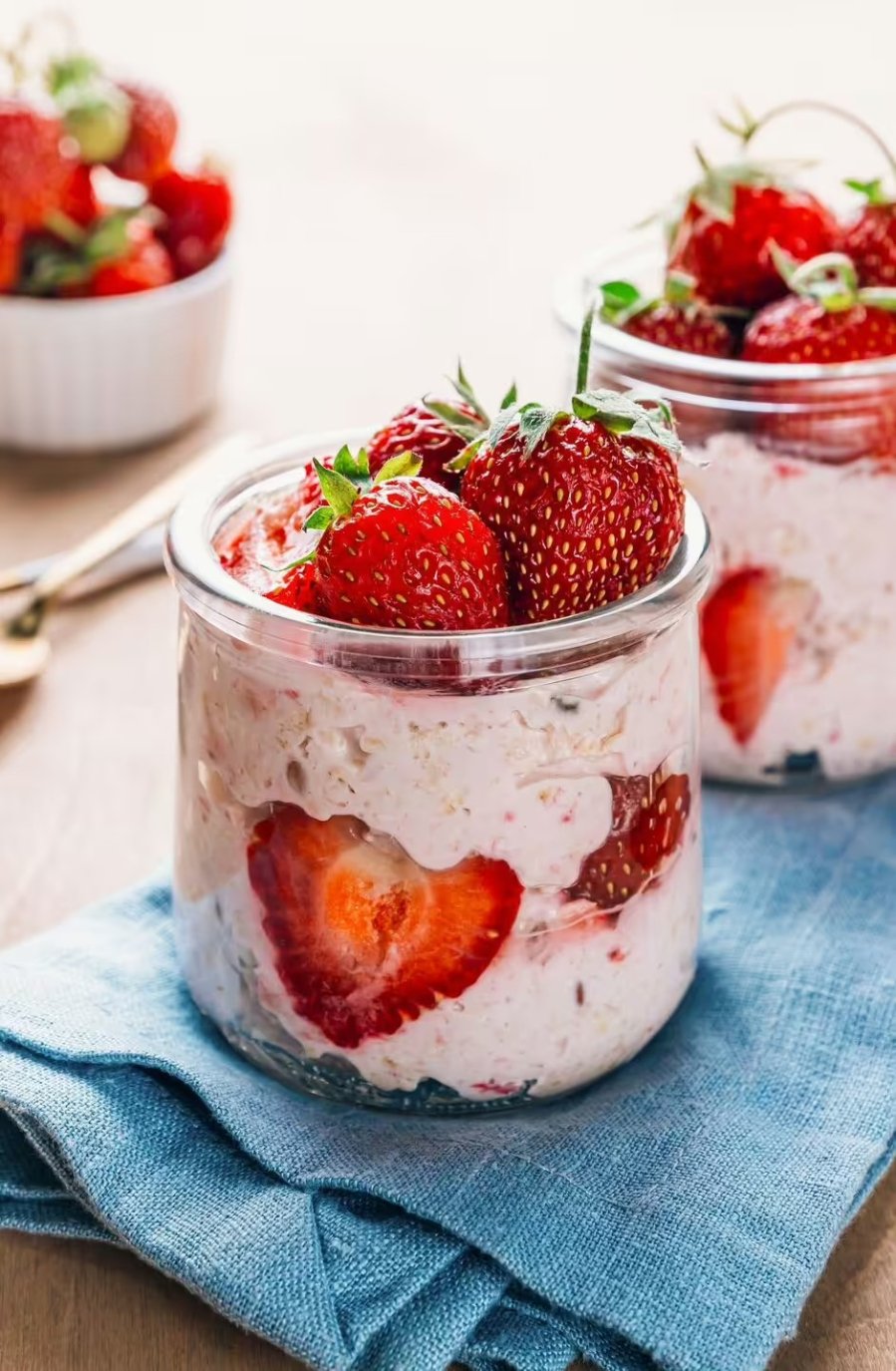Strawberries are highly perishable, and it’s disappointing when they turn soft and mushy just a few days after purchase.
An expert in food preservation from NRC Business Waste shared a less common, completely free method that can make a big difference.
If you don’t want to consume all your strawberries immediately, freezing them is a great option to extend their freshness.
“Frozen strawberries are perfect for smoothies, baking, or even adding to ice cream,” the expert advises. To freeze, first, wash and dry them thoroughly before placing them in an airtight bag or container and putting them in the freezer.
When stored properly, frozen strawberries can last between 10 to 12 months, making them a convenient ingredient for various recipes.

Knowing how to properly clean strawberries before storing them is an important step to ensure food safety and only takes a few minutes.
First, place the strawberries in a large bowl and rinse them under running water to remove any dirt or bacteria.
Then, soak the berries in a solution of 60ml of white vinegar mixed with two liters of water.
The Benefits of Strawberries
– Rich in Vitamin C
Strawberries are an excellent source of vitamin C, boosting immunity, collagen production for firmer skin, and wound healing.

– Antioxidant Properties
They contain antioxidants such as anthocyanins, quercetin, and kaempferol, which protect the body from free radical damage, prevent aging, and reduce the risk of cardiovascular disease.
– Cardiovascular Support
Strawberries can help lower bad cholesterol (LDL), stabilize blood pressure, and reduce inflammation, thereby protecting heart health and preventing related conditions like heart attacks and strokes.
– Digestive Health
The high fiber content in strawberries improves digestion, prevents constipation, and maintains a healthy gut microbiome.
– Blood Sugar Control
Despite their sweet taste, strawberries have a low glycemic index (GI), helping to better manage blood sugar levels, especially beneficial for diabetics or those at risk.

– Eye Health
The vitamin C and other antioxidants in strawberries protect the eyes from UV damage and prevent eye conditions like cataracts and macular degeneration.
– Weight Loss Support
Strawberries are low in calories and high in fiber, promoting satiety and aiding weight loss when incorporated into a healthy diet.
– Skin Benefits
The antioxidants and vitamin C in strawberries protect the skin, enhance radiance, reduce dark spots, and improve skin elasticity.





































